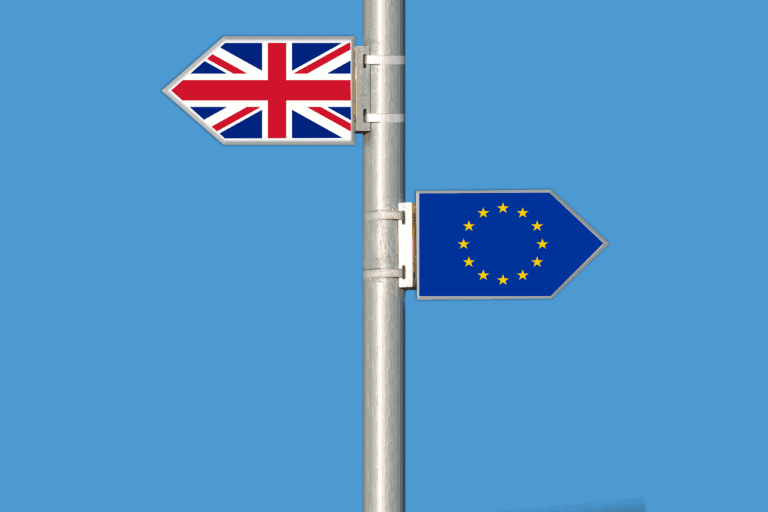European citizens living in Great Britain are allowed to keep their .eu domains after the Brexit. That is what the European Commission has decided. This brings the Commission back to an earlier decision.
In January, the Commission decided that European citizens in Great Britain were not allowed to keep their .eu domains. The domain names had to be cancelled within two months before Great Britain left the European Union.
The Commission has now adopted a different position. The Commission states that European citizens are allowed to keep their .eu domains in Great Britain when the Brexit takes place, as a result of changes to the .eu criteria. As of 19 October, citizenship will also be a criterion for residency.
In other words: citizens can get a .eu domain, even if they don’t live in the EU. These rules also apply to European organisations in the country.
Rules for organisations the same
The rules for organisations located in Britain but not in the European Union remain the same. This also applies to citizens who do not have European citizenship and who live in Great Britain.
These organisations and individuals cannot register or renew domains with the eu extension before the Brexit has taken place.
In addition, domain names with extensions owned by such companies or individuals can be withdrawn after the Brexit by the management party of the domain names.
Disadvantages
In addition, changing the rules governing the domains has its drawbacks. Especially companies with customers in the European Union are generally interested in a website with this domain name extension. However, they will no longer be able to obtain such companies unless they are also registered in the Union.
And that’s not the only impact the Brexit is likely to have on the tech industry. Within the market there are concerns about the impact on inward investment, the ability of companies to bring in experts from across Europe and the ability to sell products and services within the EU.
This news article was automatically translated from Dutch to give Techzine.eu a head start. All news articles after September 1, 2019 are written in native English and NOT translated. All our background stories are written in native English as well. For more information read our launch article.